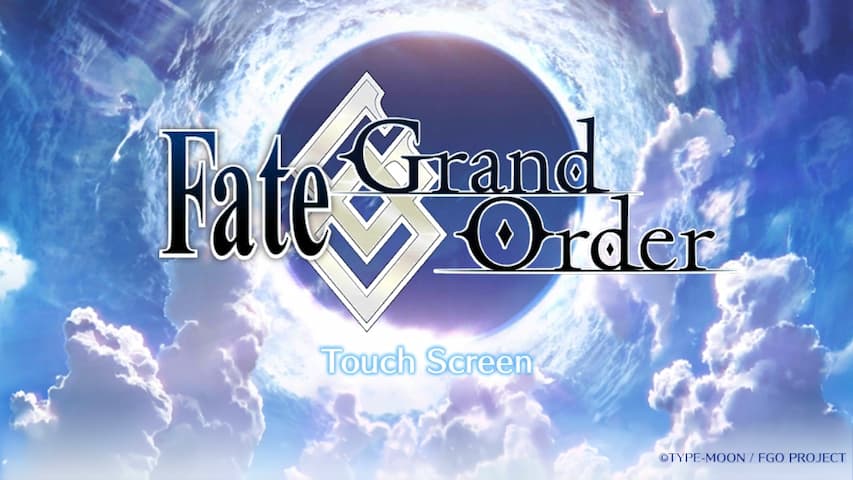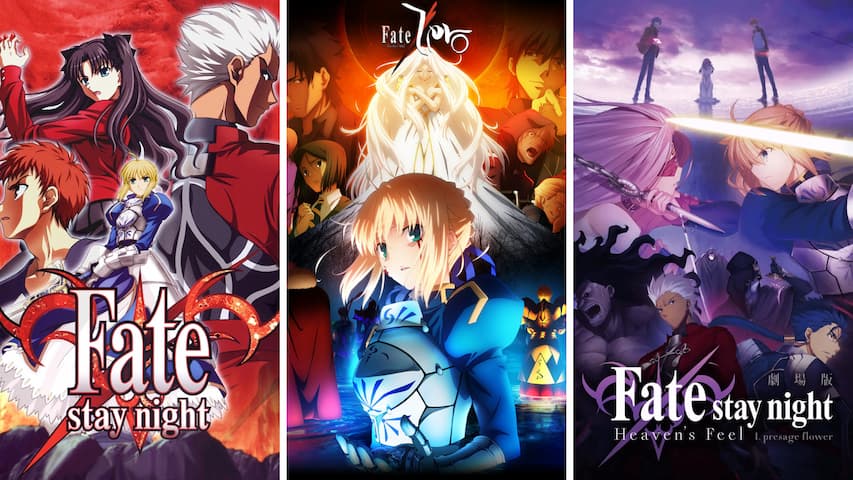Fate/Grand Order: Epic of Remnant
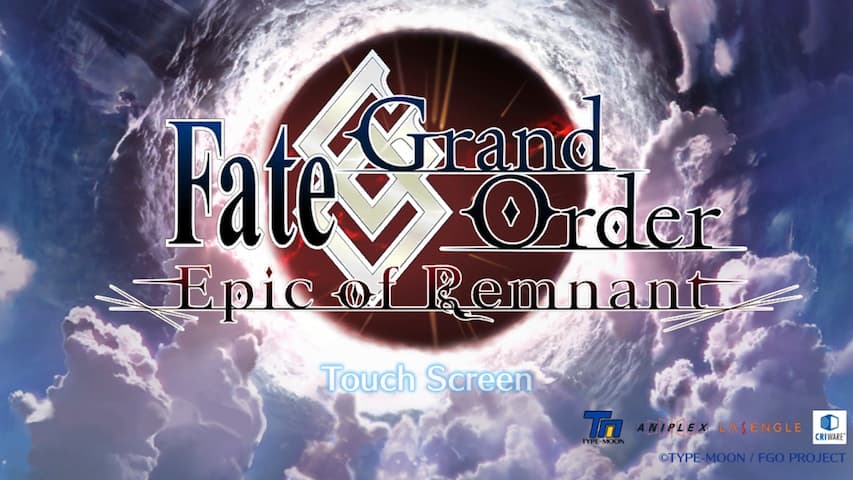
Ach ja, after taking my sweet time to play through the first part of Fate/Grand Order, I can finally get into the Lostbelts… except not really. I mean, I could, actually, as the Epic of Remnant singularities are not mandatory and the Lostbelt Prologue is available after clearing the first part of Fate/Grand Order, but I mean… I am not the type of guy to skip something, just because you technically can. As such, I played through all four extra pseudo-singularities. I guess you could technically include the Fate/EXTRA CCC event, but since it costs five Rare Prisms to unlock, but I only hold four at the moment, this will have to wait… or I’ll read up on the story through YouTube videos.
Epic of Remnant serves as a transitionary piece from the first part into the second and can be mostly viewed as a kind of anthology, though for what I am concerned, it basically comes down to being able to play through four additional singularities, as their premise is essentially the same. However, unlike in the first part, we are not trying to retrieve the holy grails left behind by Goetia, but instead clean up the remaining Demon God Pillars.
There are also a few gameplay changes: Bosses now have several health bars, which is actually a bit more tricky than just an enemy having more health, since the enemy does not get defeated after having their health bar depleted, thus additional damaged gets neither carried over into the next health bar, nor does the target change, meaning you have to commit an entire turn to simply reducing the current health bar to zero, even if the enemy has barely any HP left. You also don’t know how many HP each bar has, making informed decisions for when to burn through your Noble Phantasms less trivial. Bonus points for when an unknown condition triggers the same effect, or you don’t actually have to always deplete every health bar in a fight. Overall, boss battles became a lot more interesting.
Another, though less major change, is the keeping secret of servant identities until a certain point in the story. While this makes a lot of sense from a narrative perspective, this actually carries over into the rest of the game. For example, if you were to pull Moriarty in the Gacha before clearing a certain stage in the Shinjuku singularity, he would only be referred to as Archer of Shinjuku with the name of his Noble Phantasm being omitted. Nice detail.
In general, all the EoR singularities are good (Agartha possibly excluded) and I would generally rank them between America and Camelot in terms of quality. They are, however, less difficult than Camelot and Babylonia, sans the new boss mechanics. They are also a lot more reader-friendly to play through, since, despite their moderate length, there are a lot less stages and specifically less stages with battles attached to them, so you actually spend the majority of the time reading the story and not just mowing through hordes of unremarkable enemies. Especially Shimosa and Salem make me question if anyone actually plays through the singularities as a mobile game and not as a visual novel with a battle mechanic attached.
Quarantined Territory of Malice: Shinjuku
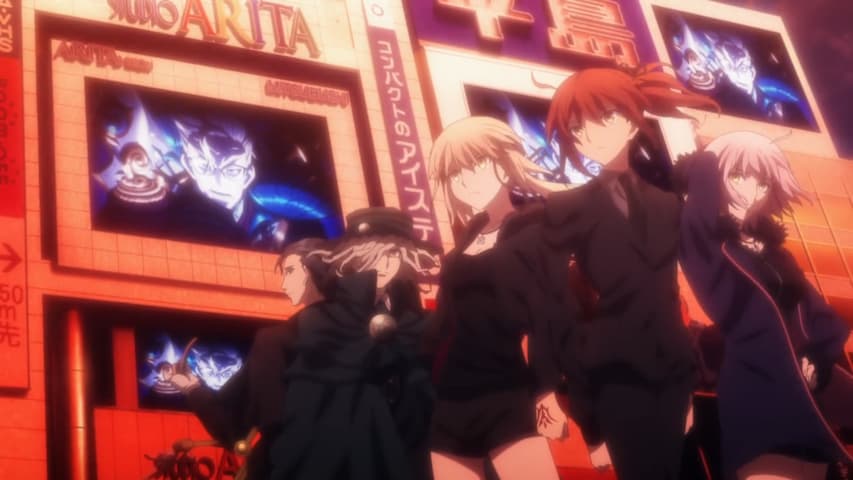
Shinjuku is just plain fun. After the more fantastical settings of the first part, we are finally back in a more modern and urban environment… not that it really matters, but whatever allows our characters to stroll through Hot Topic, apparently. Shinjuku has mainly two things going for it: There is the mystery of how Shinjuku became the lawless place it is and why there are monsters running around. Secondly, it arguably has the best accompanying cast of any singularity until now. Jeanne d’Arc Alter and Saber Alter is a duo that just keeps giving and it is endlessly entertaining to see these two go at each others throat, as if they were two “too cool for school” teenagers. Also, the dancing scene? It is additionally funny, because Jeanne d’Arc Alter already made an appearance in the very first singularity and she was nothing like this. The same can be said about Saber Alter, but I will gladly look above some minor character inconsistencies, if it means we get to enjoy their hilarious antics. “This kitty has claws, bitch, so watch out.” is a quote edged into my brain.
Moriarty is also a fascinating character, because he is clearly the antagonist of this singularity, but, due to the specific events of the story, also not for a good amount of time and having him in your group balances out the two feral cats quite nicely. I also like how the story finale wraps his character around and leans into the whole detective story angle Shinjuku is kind of based on. I mean, it is also Sherlock Holmes' first real introduction after his quick appearance in Camelot, so… yeah, it just flows together really well and the character dynamics of the entire cast can effortlessly carry it all, despite Shinjuku being arguably the least interesting setup of all the pseudo-singularities. If there is one singularity I would have no objections re-reading in the future, it might just be this one.
Subterranean World of Folklore: Agartha
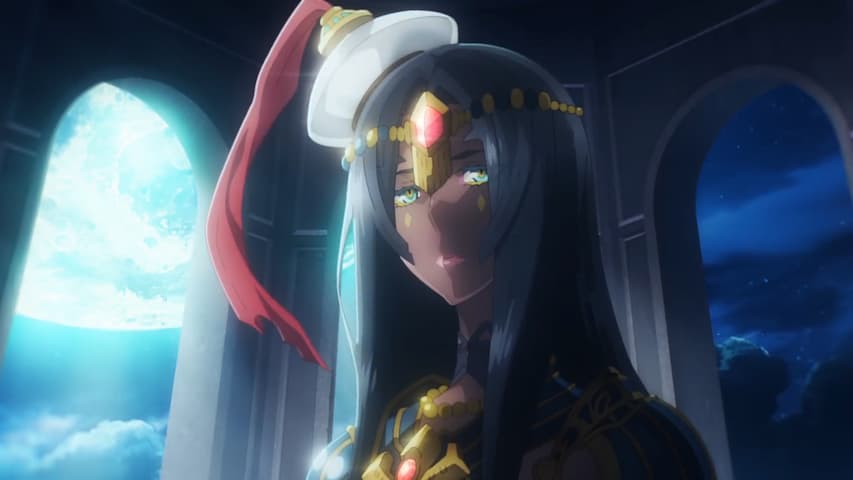
Oh boy, Agartha… where do I even begin? Despite the Fate franchise having its roots in an Eroge and otherwise being constantly horny on main with a good amount of its character designs, it seldom dives into the topic of sex or sexuality. Agartha does and… at best, it kinda sucks at handling all its themes and at worst, could be considered actively problematic and backwards-thinking. Over the course of the singularity, we are confronted with themes of discrimination, slavery and rape, though, in this case, it is all directed towards men. However, instead of using this role-reversal to comment on sexism and the many things that have been historically inflicted on women, it comes of as rather weak and flat, by lacking all the nuance necessary to go beyond the obvious reason it is unjust. Then there is the ending… calling it nonsensical and honestly just quite bizarre might be an understatement. Actually, most of the finale immediately left my brain shortly after, so I can’t even explain what exactly rubbed me the wrong way, just that it did. Probably something like child Fergus saying that having sex and bearing children is good, actually, to the woman that was constantly afraid of whether her rapist might kill her the next morning.
It feels like a teenager’s first attempt at talking about gender-specific injustice, because it is not hard to see the good intentions, but the way they are portrayed is nothing short of wild. This might seem like a weird comparison, but I just read my essay from eighth grade about Christianity and homosexuality, so I know what I am talking about. Agartha is by far not that bad, but it is very easy to imagine it being better, because having the character of Scheherazade at the center of the story really lends itself to explore these themes in-depth and it is a shame that it just… doesn’t.
What also makes Agartha a bit of a chore to play through is its relative lack of great characters. Penthesilea, Dahut and Wu Zetian didn’t really leave an impression, as far as bosses go and our companions are also nothing to write home about. First of, who is child Fergus? I understand his literal role in the story and it is eventually even spelled out directly, but I, for the most part, didn’t care, because I don’t know the normal Fergus beyond his short appearance in America, and as such couldn’t appreciate his growth as a character, because I don’t know what it is in contrast of. Astolfo and d’Eon, on the other hand, are severely underutilized. I have seen Apocrypha… I know there is a lot more to his character, than what is under Astolfo’s skirt and d’Eon looks promising, so why are they essentially reduced to servants that look like girls, but are actually not (d’Eon’s gender is not confirmed, but it wouldn’t really make a difference in this case).
Kind of disconnected from everything, but if there is one thing I can praise this singularity for, it is its stance on Christopher Columbus. Fate’s handling of its non-fictional characters can be all over the place and I certainly didn’t expect it to actually characterize him as a slaver, colonialist and murderer. It might just be my personal bias speaking here, but… based, especially in a setting in which his actions directly correlate to the other antagonists of the singularity. This part, including his introduction as an ally and voice of reason, might be the only genuinely good writing found in this singularity.
Gameplay wise, it was mostly a drag in the same way the plot progression is kind of slow. In this singularity, these two kind of go hand in hand. The stand-out battles might be the ones with Heracles making an appearance. Actually having to whittle down his twelve lives is almost inspired, though I guess I could consider myself lucky, as I already run a Foreigner in my main team and was able to get another on via the Support slot, so these battles were more fun than tedious.
The Stage of Carnage: Shimosa
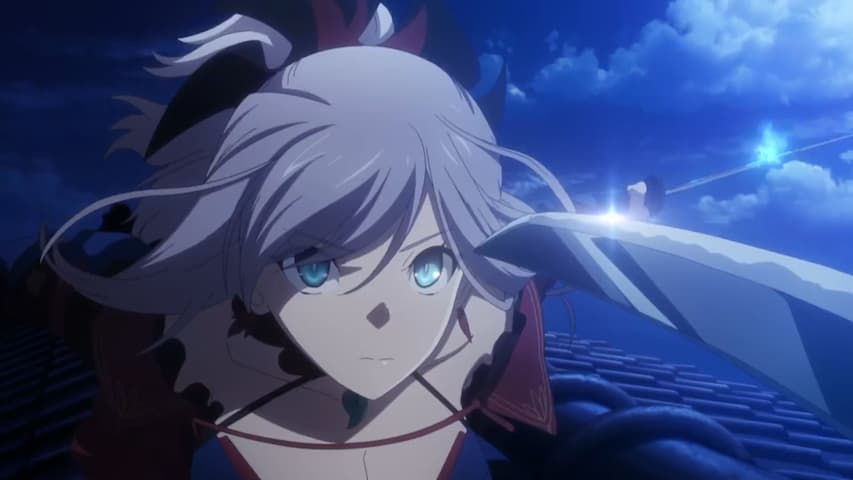
Shimosa is interesting, because it feels very different from the other EoR singularities. It is the singularity with the biggest scope and cast of characters by far, the POV character is a lot more involved and the whole vibe has the markings of a true epic. From a writing perspective, this is without a doubt the most impressive of the singularities and the only thing keeping me from announcing it the best of all of them, is this weird feeling that I should know a good amount of the characters already, at least to some extend.
This is something I haven’t mentioned yet: All of the EoR singularities kind of assume some knowledge about its cast of characters. I mostly don’t have a problem with the allied servants, as we get to know them more over the course of the singularity anyway and I already read up on Dantès' event, so I am not surprised whenever he randomly pops up, but this notion does not always extend to all friendly allied servants and especially some of the antagonist servants. I get the premise of Chaldea taking in servants, as well as apparently all of the Events being canon, but like… I am several years late to the party. I don’t know any of them. It kind of brought me out of the experience in the story finale of the first part, though all the Event characters were limited to a single stage which could mostly be ignored, but this is not the case here. Ritsuka and Musashi clearly have some history together, which influences the development of the story, I still have no idea who Tamamo-no-Mae or her many forms are and I feel like our character knowing Shuten-Douji and Minamoto no Raikou is critical to fully understand what is happening in their respective arc.
But beyond this, Shimosa is fascinating. I don’t know much about Japanese mythology and even less about the history of the country, but the way both are intertwined just vibes with me and makes full use of the premise of servants being twisted to do evil. Also, a rather philosophical frame story. Also, a great mystery. Also, an all-around fantastic cast. Musashi might as well be the heroine of her own story, Shirou Senji Muramasa is great and his take on the UBW chant is *chef kiss* and the final moments of the several antagonists we encountered do hit, due to a combination of getting to know their side of the events, as well as personally having to fight them in an epic showdown.
Presentation is narrative and the boss battles in Shimosa sure have both. In fact, up to this point, the bosses in Shimosa are straight up the best. A small cutscene and an announcer to set the stage and hype up the fight? Yes, please! These battles also have the peculiarity of making Musashi your fixed support servant, instead of them being freely selectable, meaning Musashi is always an integral part of the fight, especially since she actually becomes a stronger servant gameplay-wise down the line. The fights themselves are also rather challenging. I know I suck at the game and don’t have the strongest line-up, but I think I had to always spend all three command spells to get through the fights. Impeccable, really.
Overall, Shimosa is just very good and a well appreciated palette cleanser after Agartha.
The Forbidden Advent Garden: Salem
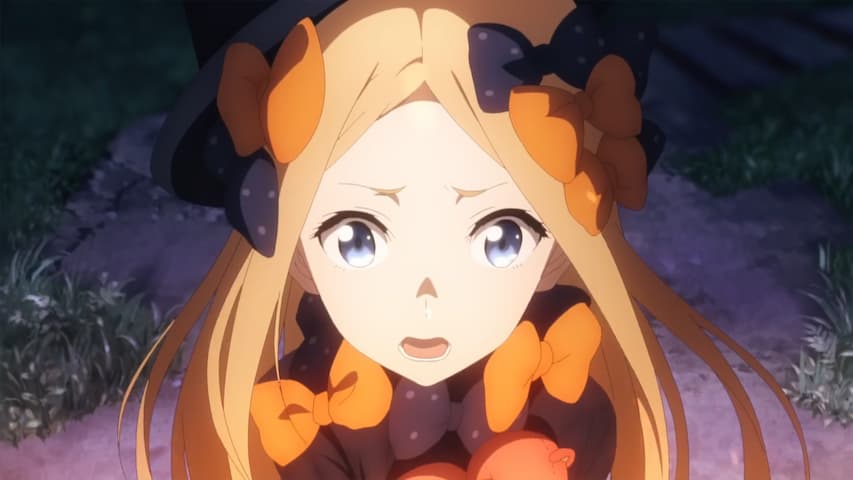
The last of the pseudo-singularities can be considered quite a frustrating read in the best way imaginable, because even with literal witches present, Salem is still able to portray and discuss what the titular trials were actually about. Alas, I hope one does (not) enjoy christian fundamentalism, juristical injustice, weaponized mass hysteria and just blatant classism and racism, coupled with the worst logical fallacies and arguments you have ever heard, that would under any other circumstances be called out as either contrived or straight up insane and badly written, if it weren’t for the fact that it all actually happened.
Beyond this, Chaldea has a slightly different role in this singularity, as we are mostly observing and figuring out what is happening, instead of proactively dealing with the singularity in the normal sense, as well as getting personally involved into the trials. There are a lot less fights and I don’t remember fighting against any enemy servants. Instead, we take up the role of traveling entertainers and perform plays for the citizen of Salem. There is probably a good amount of meaning behind what play is performed at what stage in the singularity, but since I didn’t know any of them beforehand, I don’t want to throw around blind guesses.
Salem could mostly be considered a character study, both for the in-universe people of the real life Salem, as well as the servants associated to the singularity, with a heavy focus on Sanson and, to an extend, Circe. As such, it feels the most disconnected from the game, as the outcome of the individual story beats is seldom brought on by fights, but simply how the story itself plays out under the influence of the characters. There is not actually a lot happening in the Salem singularity, but the bulk is simply seeing it slowly escalate until everything falls into place. The finale is almost jarring, because of how grounded everything felt until this point, but it is also just a great conclusion, especially for a character that accompanied us the whole time.
So yeah, a bit of a weird angle for FGO, all things considered, but not bad at all.
Final Thoughts
Fun fact: This post took me ages to write, because I still don’t really know what to actually write. I could probably dedicate its own post to every singularity and actually go in a bit more in-depth about everything, but I don’t remember enough anymore to do that… I mean, I started Shinjuku sometime in April… it’s been how many months?
Basically, my opinion is that Epic of Remnant is good, with Agartha being a bit of an outlier, but the three other singularities being great and I want more of this. It is basically like the better segments of the first part and I hope to see this quality continue into the Lostbelts. Speaking of which, I doubt I will actually start reading the Lostbelts anytime soon, as I have enough other stuff on my plate, but when I eventually do, I doubt there will be a post about them. These FGO posts are a bit of a chore to write and sometimes I have to remind myself that I don’t have to articulate my opinion on everything. Fate/Grand Order is just a lot of fun.
Related Posts
Comments
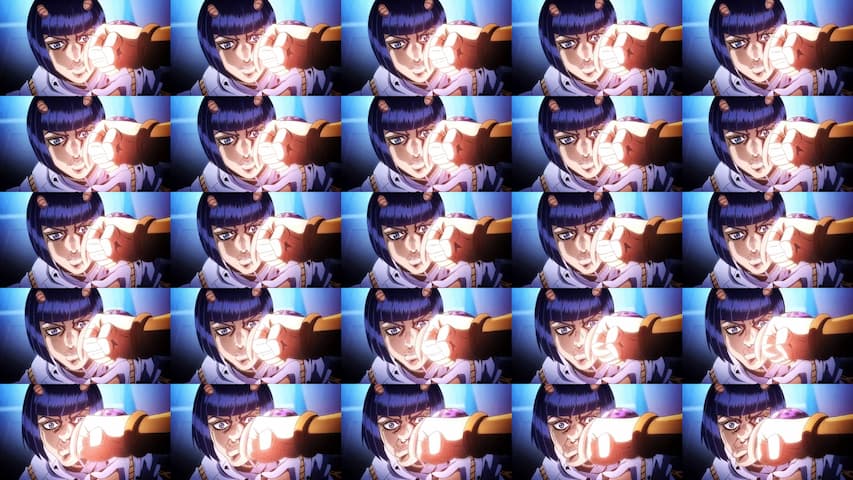
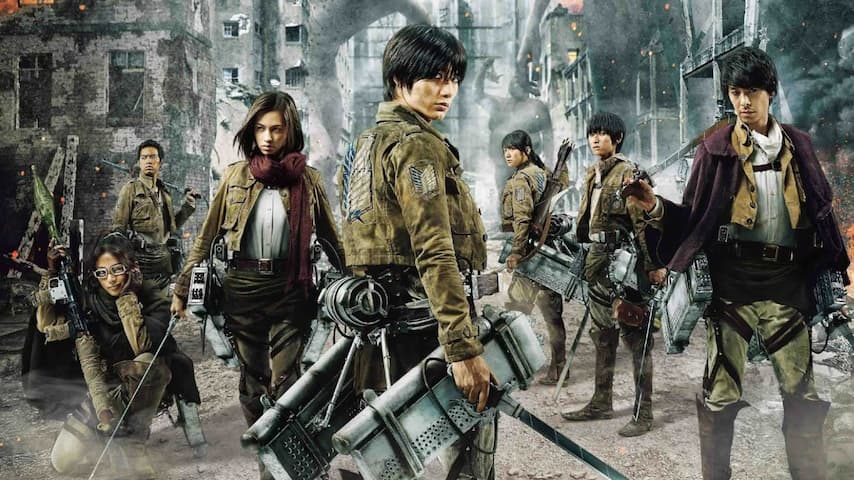


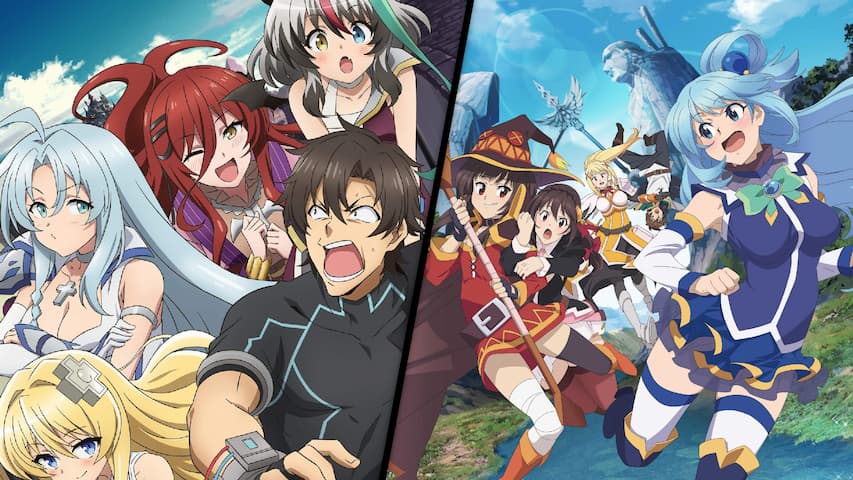
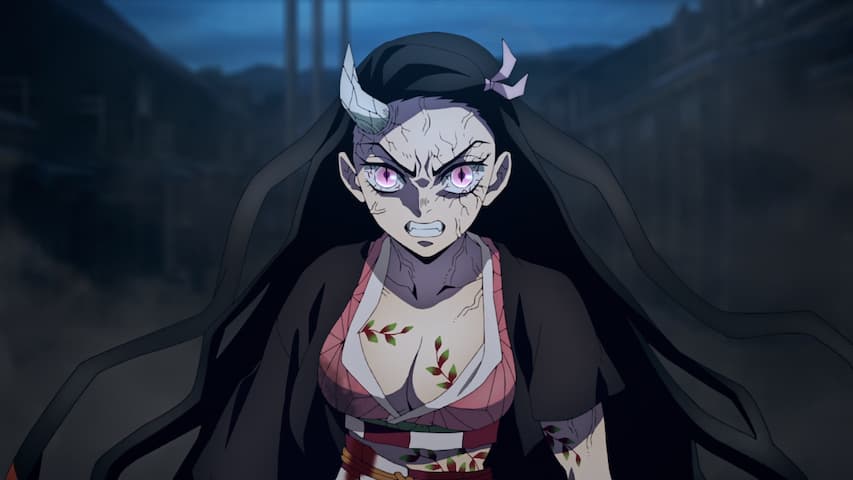
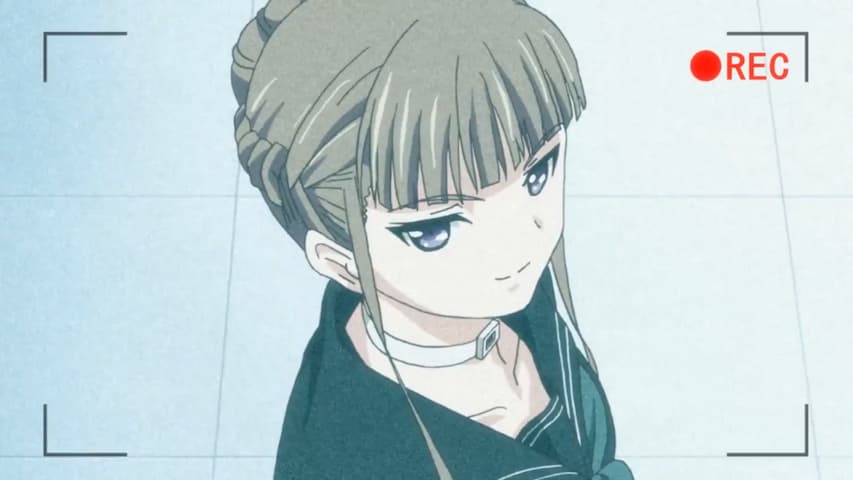
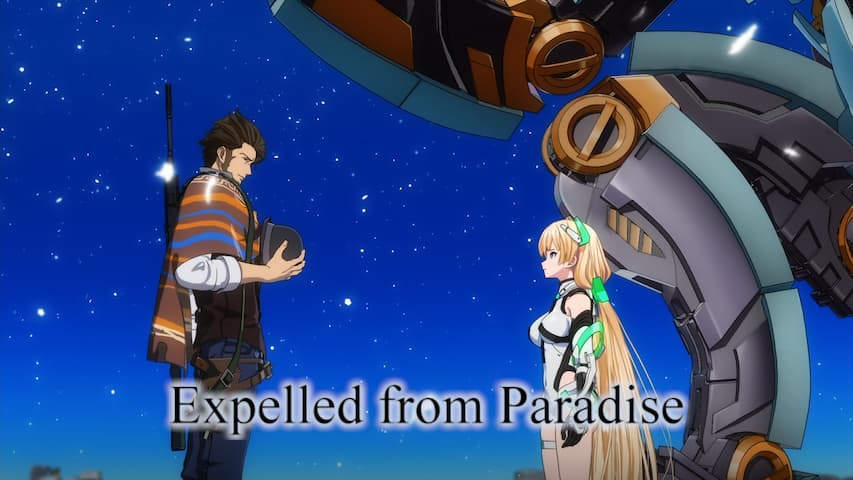


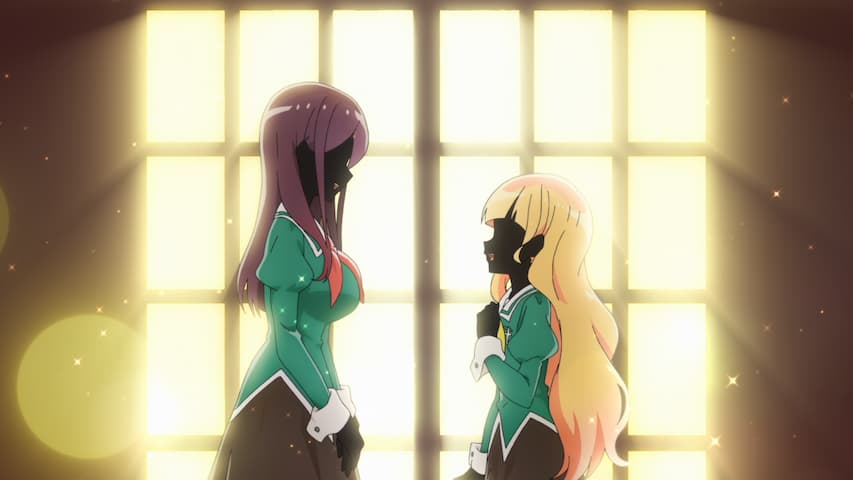
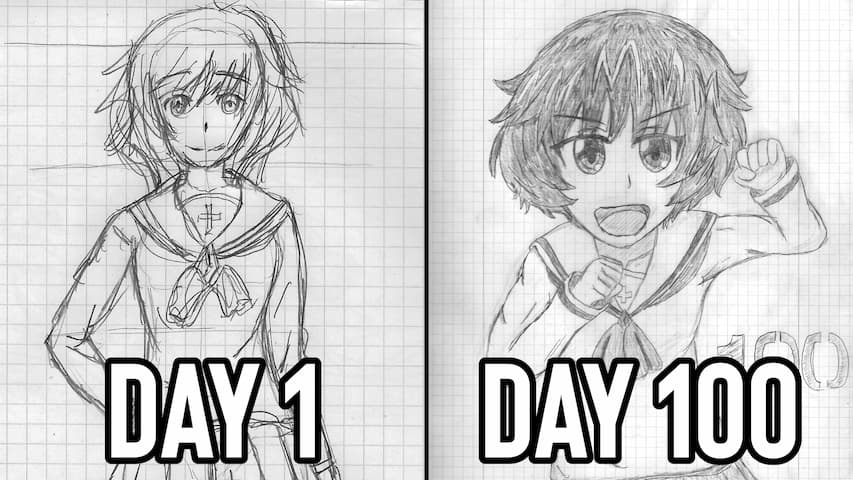


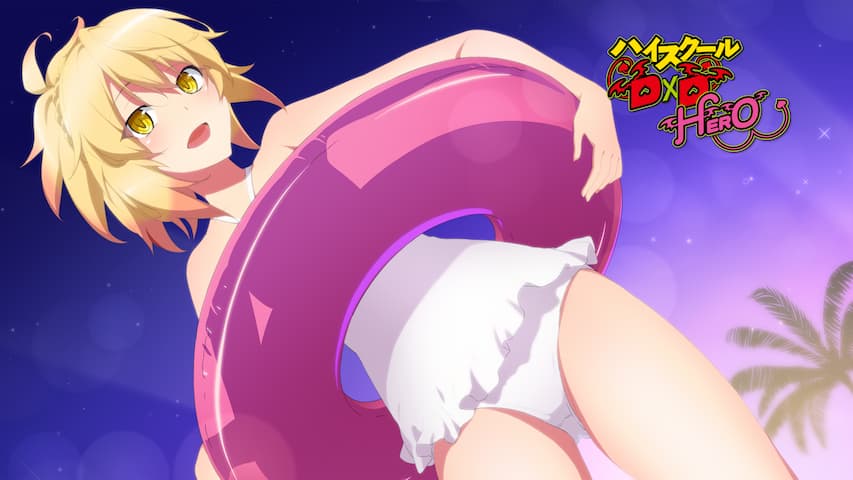

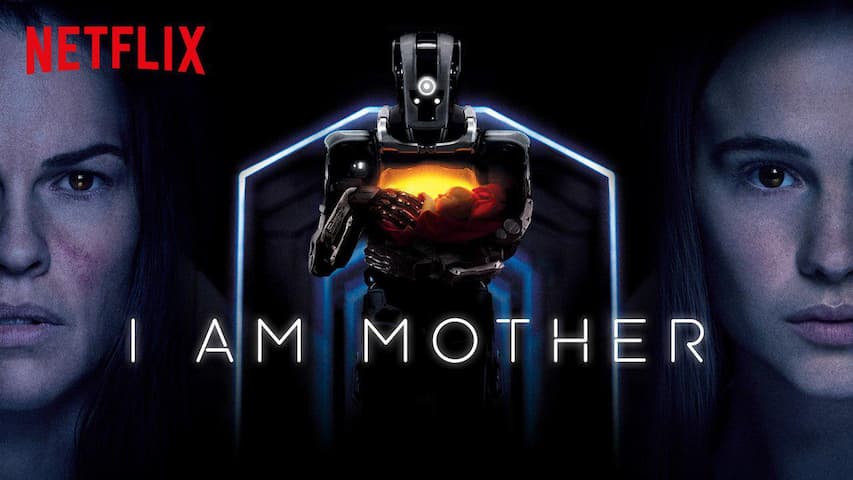
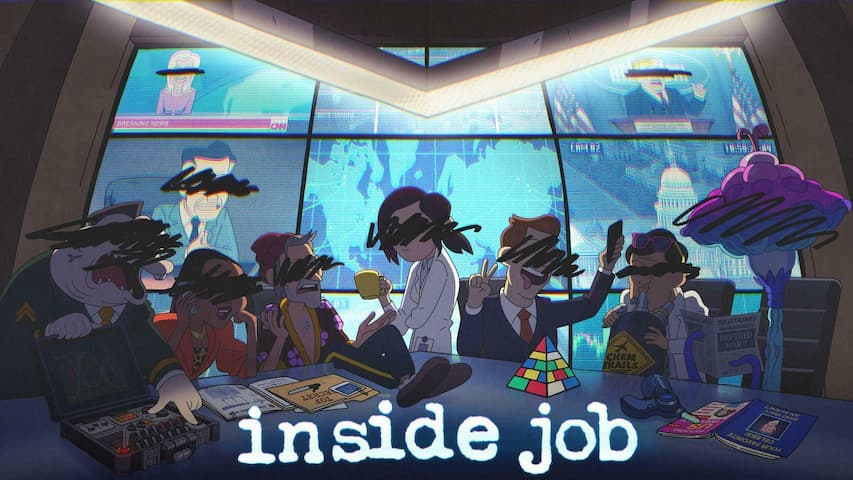
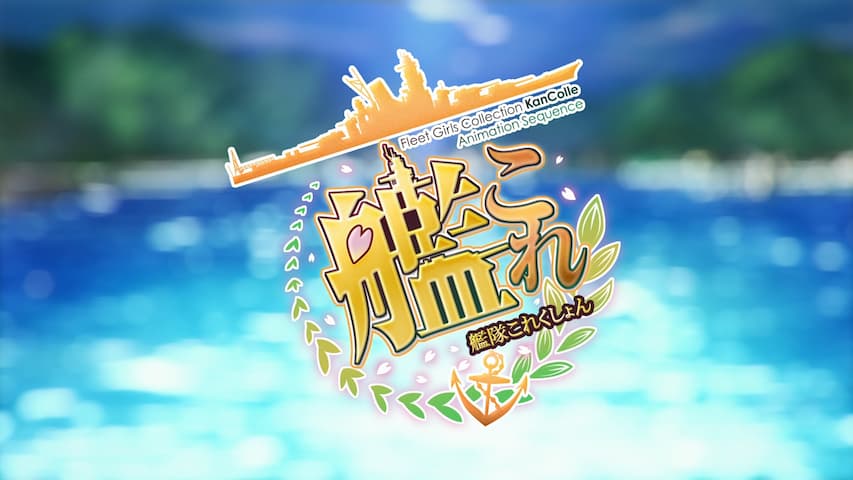
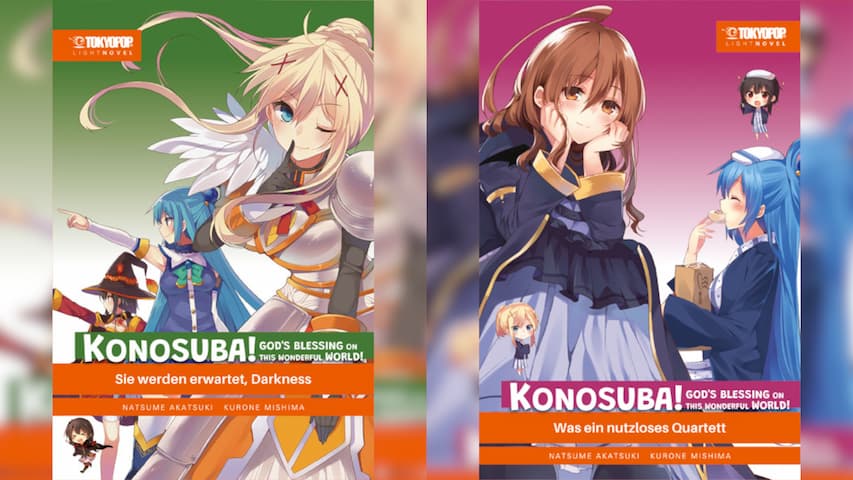


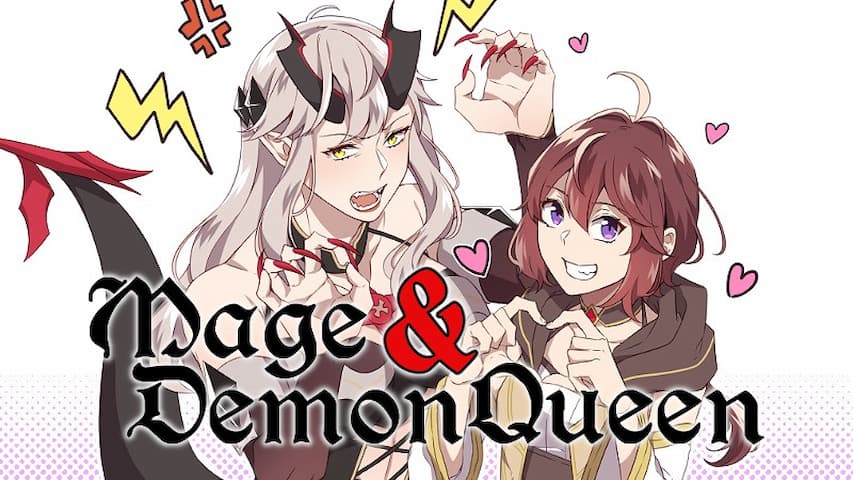
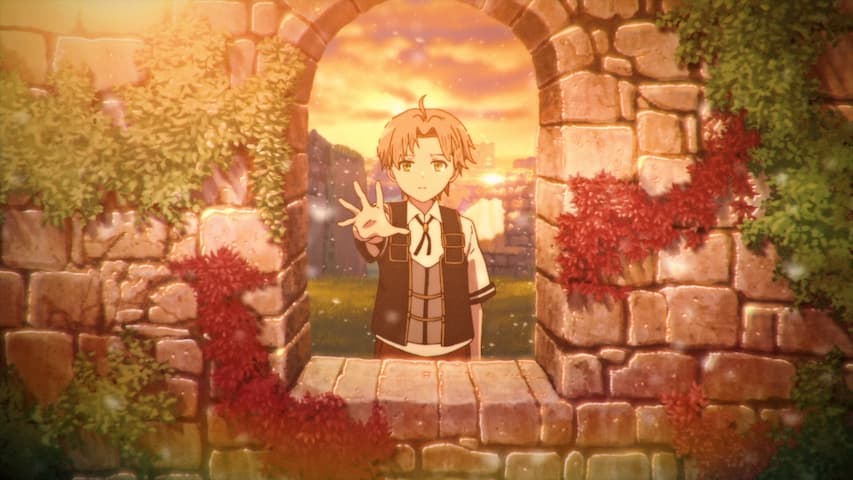



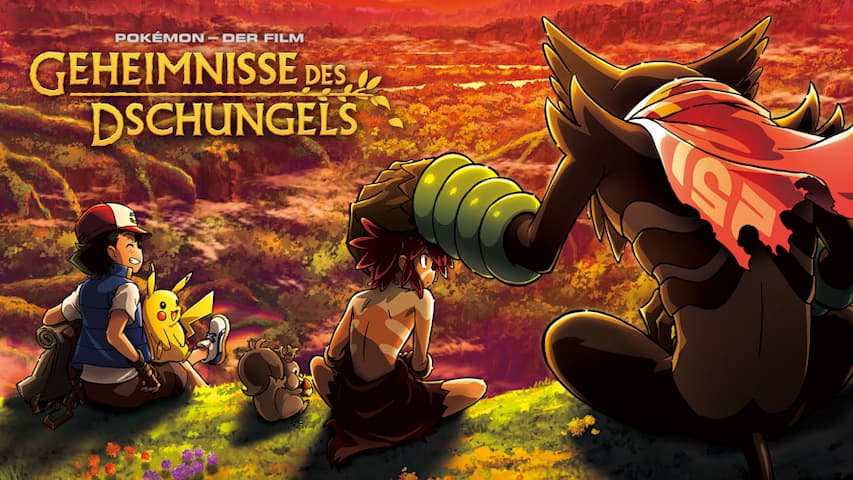
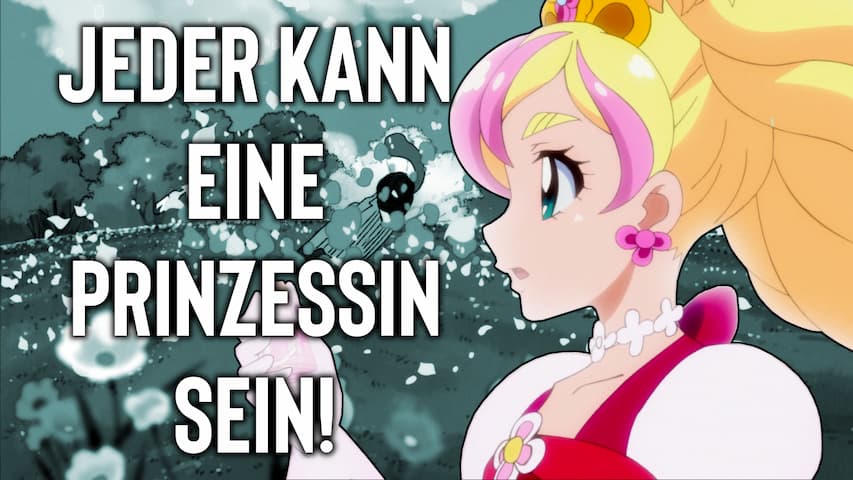


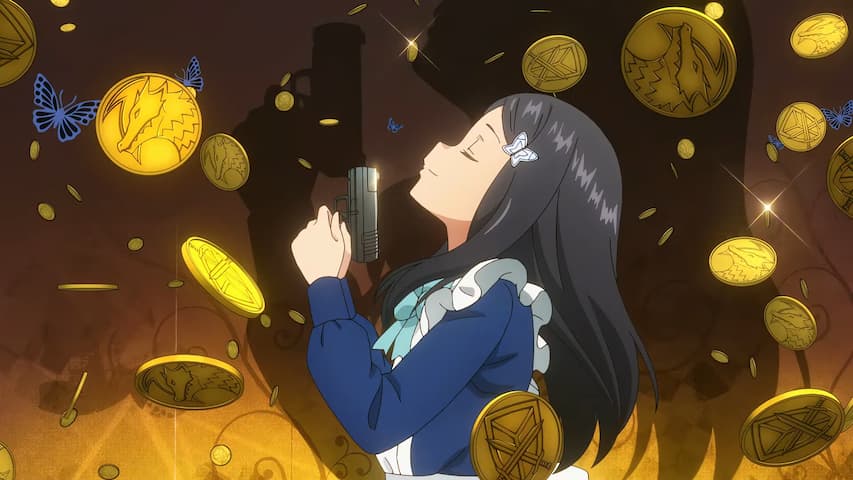


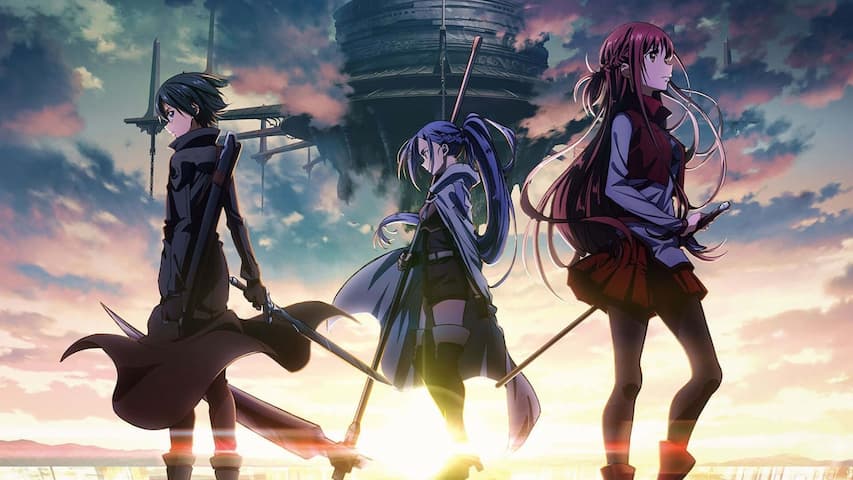
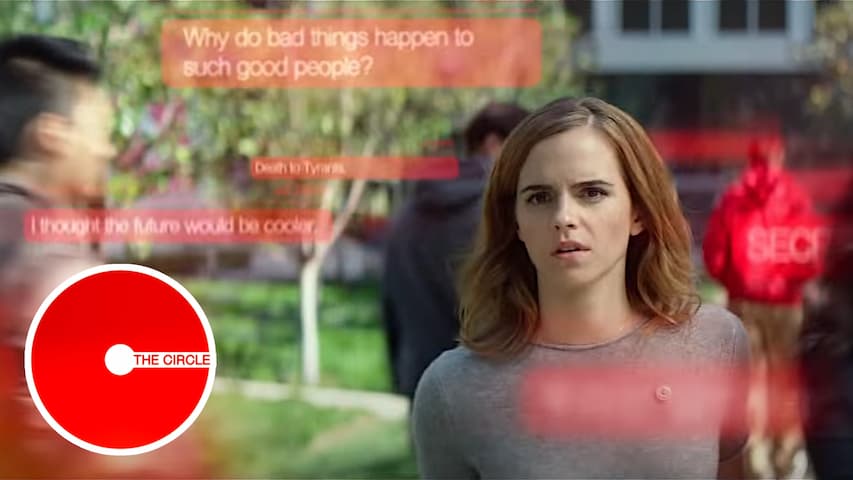
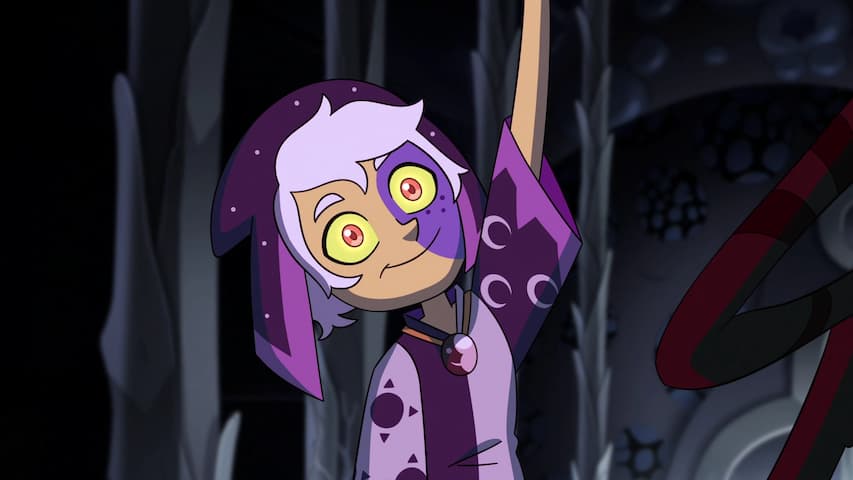
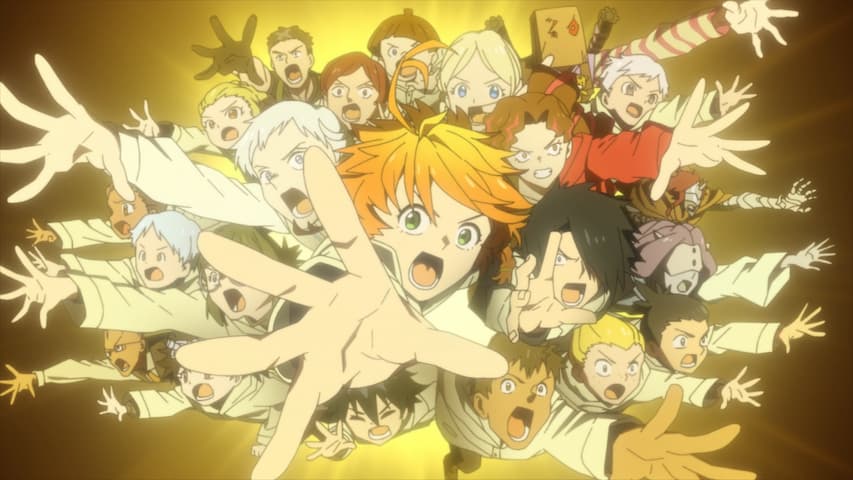

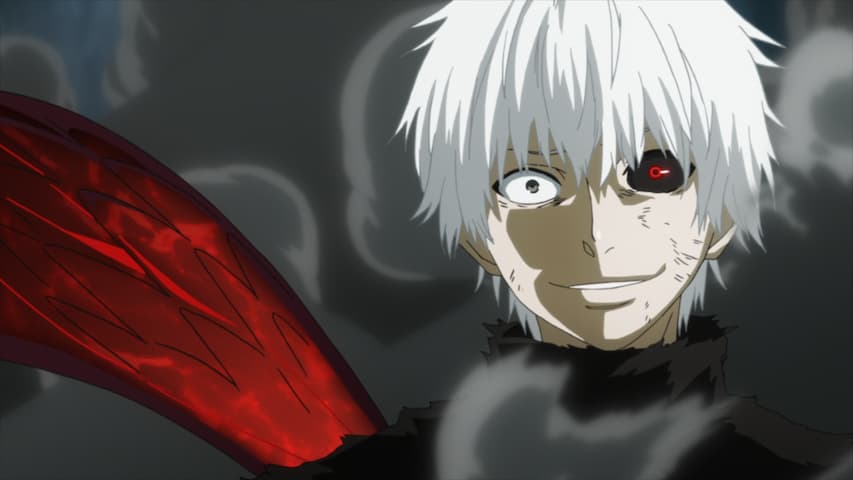

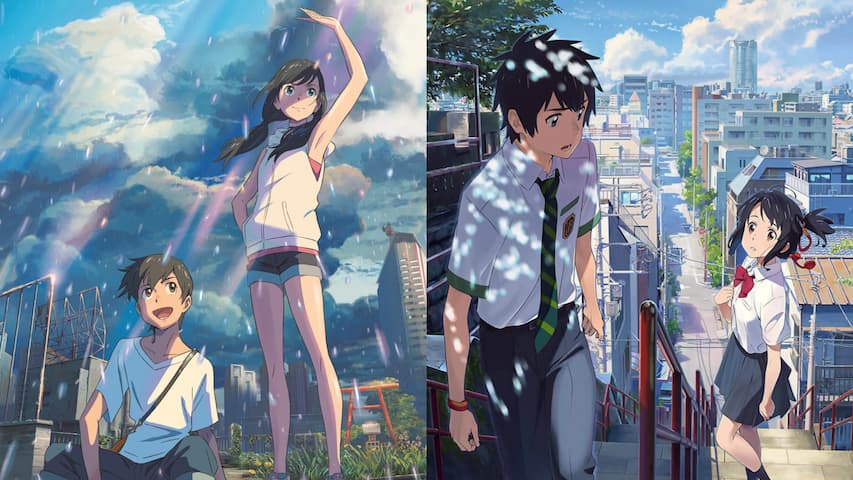



Recent Posts
4007 Words | June 30, 2024
3846 Words | June 10, 2024
3132 Words | May 28, 2024
1342 Words | May 24, 2024
3259 Words | May 20, 2024
